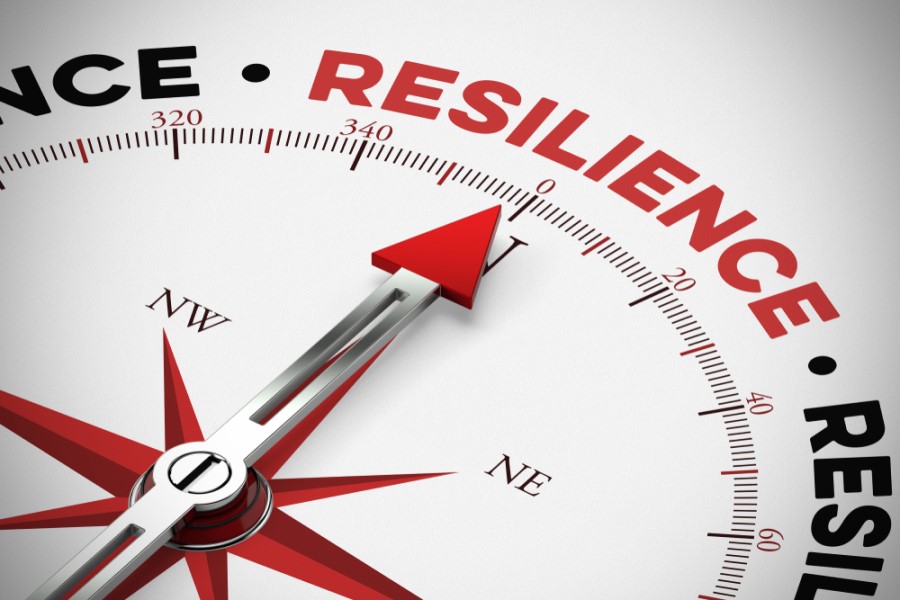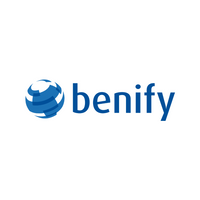A new era of organisational resilience: the future of reward and benefits strategy

Developing resilient cultures and organisations is one of the key themes running throughout REBA's Employee Wellbeing Congress, which begins this week and continues every Wednesday for the rest of September! Check out the full programme and register to attend.
For individuals, resilience is the ability to 'bounce back' despite adversity, trauma or significant sources of stress. For organisations, being resilient means not only surviving but adapting and thriving amidst challenges.
Resilience is a key component to wellbeing, and many organisations are recognising their responsibility as an employer to offer their employees greater support.
Creating a resilient organisational culture
While a lot is still uncertain, one thing that is clear is that COVID-19 is going to be a marathon, not a sprint. Therefore, building organisational resilience is imperative.
Following any crisis, the goal of any organisation is, of course, to minimise any disruptions to operations and to resume business as quickly as possible. However, to be successful in this, there must be organisational resilience.
To build organisational resilience, organisations first need to create a resilient culture, which begins with employees. Think: resilient employees create a resilient culture and a resilient culture creates a resilient organisation.
In brief, to create a culture of resilience, organisations need to support the wellbeing of their employees. Employees need to feel supported and know that help and support is available to them. Several studies have shown that resilient employees are likely to report higher levels of job satisfaction and engagement, feel more committed to the organisation and its causes, and ultimately be more productive.
The acceleration of digitalisation
One example of organisational resilience we have already seen during this pandemic is the adoption and acceleration of digitalisation. While many leading organisations had been digitalising processes over the past several years, COVID-19 has forced organisations to transform the way they work overnight.
Organisations and employees have quickly adapted to using digital tools, accessible from home, such as online meetings and documents shared on the cloud.
Digitalisation has also enabled employers to communicate important, timely information to employees more efficiently using various digital tools and channels. Regularly communicating with your workforce with honesty and transparency greatly contributes to building a resilient culture.
The future of benefit strategies
The current pandemic has also impacted reward and benefits strategies. Today, it’s more important than ever that organisations’ benefits offerings include vital employee wellbeing support.
To ensure benefits are supportive, they should reflect the current situation. For example, with many employees working from home, an office lunch subsidy or public transport travel card is not the most attractive benefit for employees at the moment. However, a focus on mental health and support services such as counselling to combat stress and anxiety is likely to be more appealing.
Of course, it’s also essential that employees are able to enrol in benefits digitally and that the benefits themselves can be utilised digitally. Some examples include online yoga classes, home cleaning services, supporting remote working needs such as monitors and chairs, or grocery delivery services.
The future of reward strategies
While understandably pay increases and bonuses are likely to be limited, it’s still important that employers continue to reward their people. Rewarding employees’ for their hard work not only shows appreciation but also helps increase positive mood, motivation and productivity.
As we share in our post, 4 ways you can personalise your global benefits, many leading companies enable employees to choose their own reward, for example, stock options or an extra week of vacation. Employees can make their selections directly from their employee benefits and rewards platform.
Many employers elect for a flexible budget model whereby employees receive a fixed budget amount, which they can spend how they want within a select range.
Another option is for employers to decide a predetermined gift amount and then allow each employee to choose from a range of gifts that they can order inside their benefits platform.
In conclusion, organisations realise that to survive and thrive, a culture of resilience is required. Resilience is built through support and, although it may seem too premature to say, it looks highly likely that in the future, we will see greater flexibility around benefits and rewards, and an even greater use of digital tools.
This article is provided by Benify.
Supplied by REBA Associate Member, Benify
Benify offers the market's leading global benefits and total reward platform.







